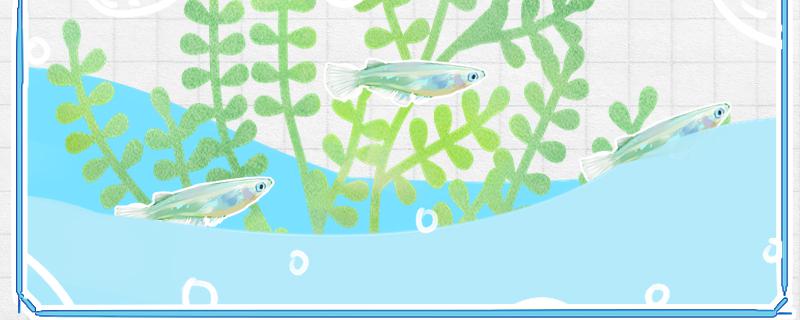
medaka. Medaka can be hatched directly in water. As long as the parent fish is separated from the eggs, the fertilized eggs can be hatched by themselves after about 8-14 days. If breeders want to improve the success rate of incubation, they can use the method of artificial incubation. First, prepare several layers of gauze, wring it out after wetting, put it in a shallow basin, then put the eggs on it one by one, seal it and add a lid to ensure the humidity in the container. If conditions permit, the container can be placed in a ventilated place. During the incubation period, it can not be exposed to the sun. When the fertilized eggs show signs of hatching, water can be added to wait for the small fish to break out of the shell. If the environment of the container is suitable, they will hatch faster.
small medaka fish? 1. Feeding: Newborn medaka fish do not need to be fed. The nutrients they carry are enough for them to absorb for about 2 days. After 2 days, the breeder can feed some water fleas or shrimp eggs, or some cooked egg yolks, but cooked egg yolks are more likely to pollute the water quality.
2. Water temperature and water quality: The newly born medaka can keep the water temperature between 23-27 ℃. The water quality is not too high, as long as it is stable. Small fish born within a week should not change water as far as possible, because they are very sensitive to environmental changes, changing water will lead to large fluctuations in water quality, which can easily cause them discomfort or death.